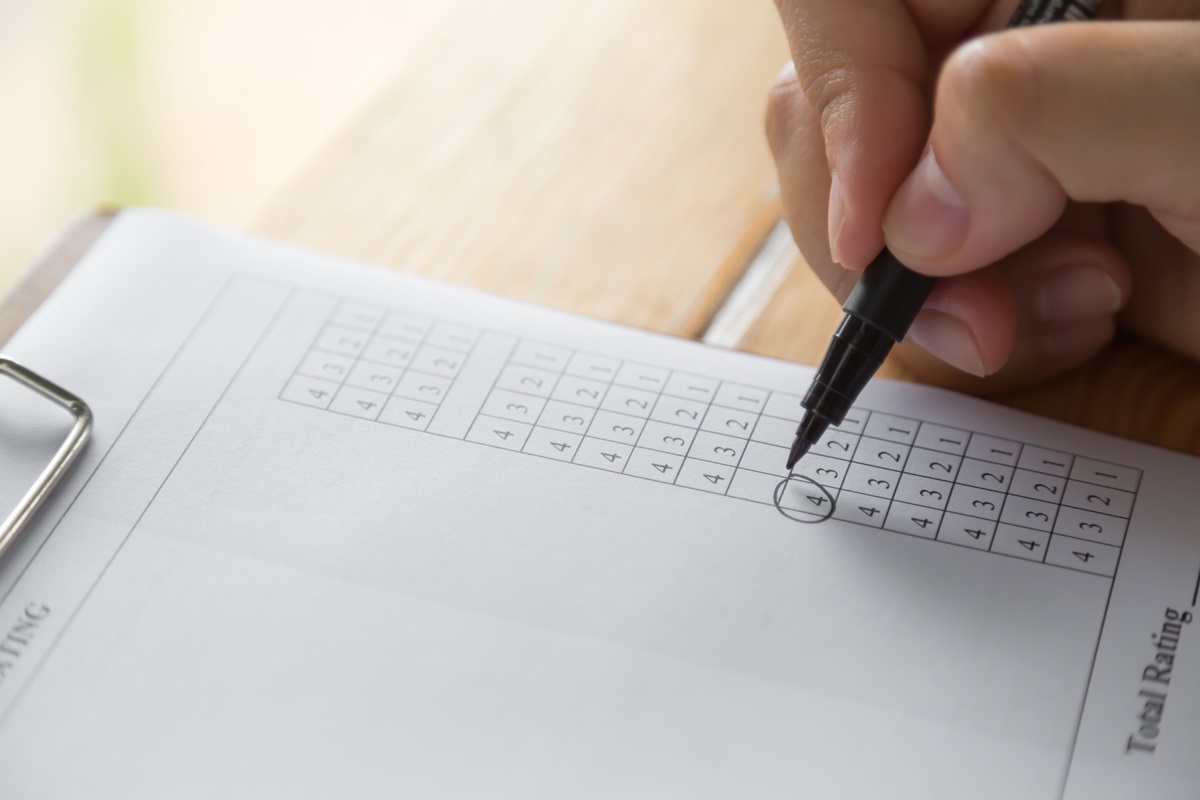In many contexts, there is currently a debate about which skills and competences will be (more) important in the future. The OECD has also looked at this issue, with a particular focus on education, and has identified different future skills that can be grouped into three categories:
-
- cognitive and meta-cognitive skills
- social and emotional skills
- practical and physical skills
There is no doubt that these skills are also relevant to higher education and that it is necessary to take a closer look at them.
Cognitive and meta-cognitive skills
Cognitive skills or abilities cover a wide range of mental processes that are essential for understanding, analysing and manipulating information and for acquiring knowledge. They are fundamental to learning and problem solving in various domains. Therefore, critical thinking, which involves inductive and deductive reasoning, making correct analyses, inferences and evaluations, and involves questioning and evaluating ideas and solutions, as well as creative thinking, the ability to generate new ideas and solutions, are essential.
Metacognitive skills refer to the ability to monitor, regulate and control one’s own cognitive processes – ‘thinking about thinking’. These skills enable individuals to reflect on their thinking, understand their strengths and weaknesses, adopt effective learning strategies and adapt to new situations. Learning to learn, which involves understanding how to approach learning tasks efficiently and effectively, and self-regulation, the ability to be able to plan and organise, monitor progress, evaluate outcomes to optimise processes, and cope with uncertainty, are widely recognised as key competences for lifelong learning, including learning in higher education.
Cognitive and metacognitive skills are closely related to academic success.
Social and emotional skills
Social and emotional skills encompass a range of abilities that are essential for effective interpersonal interactions and personal well-being. These skills enable individuals to navigate social scenarios, manage emotions, foster personal growth and maintain healthy relationships. Key components include empathy, self-efficacy, responsibility and cooperation.
Empathy involves understanding and sharing the feelings of others, as well as the cognitive ability to adopt their perspective. Self-efficacy reflects an individual’s confidence in his or her ability to pursue goals, overcome challenges and succeed.
Taking responsibility involves considering the impact of one’s actions, weighing risks and rewards, and accepting responsibility for outcomes. Collaboration skills facilitate productive teamwork by encouraging compromise, negotiation and positive contributions within group dynamics. They also promote constructive conflict resolution.
In addition, social and emotional skills cultivate attitudes and values such as openness and respect for diverse perspectives, which are essential for fostering inclusive and reflective societies. They enable individuals to thrive in diverse environments, embrace change and overcome obstacles with resilience.
Practical and physical skills
Practical and physical skills encompass a wide range of abilities that enable individuals to interact effectively with their environment, to use tools and equipment and to perform specific tasks. These skills start with managing everyday life (e.g. preparing food, maintaining hygiene) and range from manual, musical and sporting activities to using information and communication technology devices and new machines. This means that these skills range from manual dexterity to the mobilisation of physical capacities, contributing to both functional independence and personal fulfilment.
In times of rapid change and technological advancement, it is even more important to quickly acquire the necessary skills with new tools.
Literature: ECD 2019: OECD Future of Education and Skills 2030. OECD Learning Compass 2030 – A Series Of Concet Notes, https://www.oecd.org/education/2030-project/contact/OECD_Learning_Compass_2030_Concept_Note_Series.pdf (Retrieved April, 2024)



